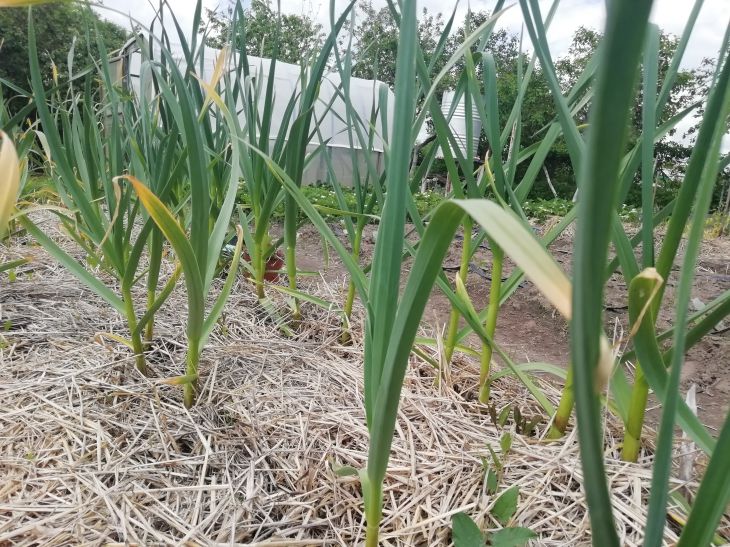Mulching can be extremely beneficial in some situations, but the dangers associated with this procedure should not be overlooked.
As ADVICE.NEWS reports, if done incorrectly, mulching can only harm your plants.
Let's find out what could potentially go wrong.
Excessive moisture retention
Sometimes, if too much mulch is applied or the layer is too thick, it can result in excessive moisture retention.
The result is waterlogged soil, root rot and other moisture-related problems, especially in poorly drained soils or areas that receive heavy rainfall.

Increased pest activity
Some organic mulches, such as wood chips or straw, can create favorable conditions for a variety of pests, including slugs, snails, and other insects. Thick layers of mulch can create hiding places and moisture that attract these pests.
Nitrogen deficiency
Some types of organic mulch, such as fresh wood chips or sawdust, may initially compete with plants for nitrogen as they decompose. This can create a temporary shortage of nitrogen, which is an important nutrient for plant growth.
Plant strangulation
If mulch is applied too close to plant stems or in a thick layer, it can create a barrier that prevents adequate air circulation and can potentially suffocate plants. This can lead to root rot, fungal diseases, and plant wilting.
Fire hazard
In dry and fire-prone areas, some types of mulch, especially those made from dry organic materials such as straw or pine litter, may ignite and increase the risk of fire.








